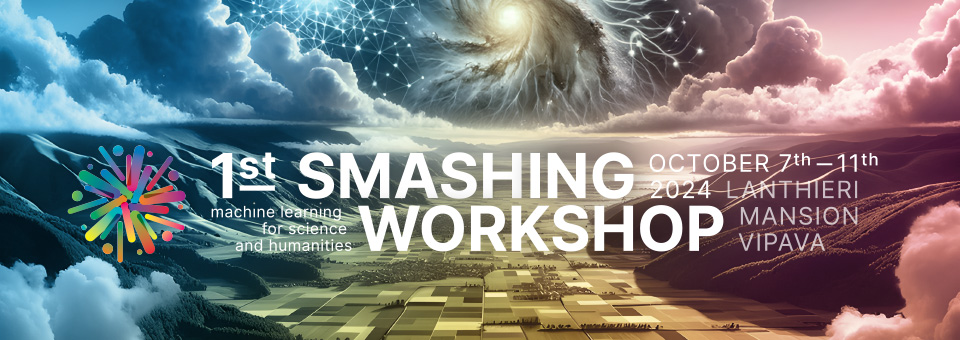Speaker
Description
The integration of machine learning (ML) with advanced biomarker discovery techniques offers new opportunities for pathology, particularly in personalized medicine. This research will focus on using nanobodies—small, stable, and highly specific single-domain antibodies derived from camelids—as versatile tools for advancing biomarker research. We plan to utilize ML to explore a diverse, naïve nanobody library, with the aim of mapping the "hidden human epitopome"—an unexplored landscape of potential antigens and epitopes.
To achieve this, we will combine high-throughput sequencing and state-of-the-art ML-driven 3D structural modeling with deep-learning-based molecular docking. This methodology will allow us to systematically predict and validate nanobody interactions with a wide range of human protein structures, ultimately creating a comprehensive catalog of nanobody-binder pairs. We will validate this approach through biophysical and biochemical assays, complemented by structural biology techniques.
The goal of this research is to uncover novel biomarker-epitope interactions, enhance our understanding of disease mechanisms, and contribute to the development of new diagnostic tools and personalized therapies. By bridging advanced computational methods with the biological potential of nanobodies, we aim to redefine biomarker discovery and provide a robust platform for future therapeutic interventions.

